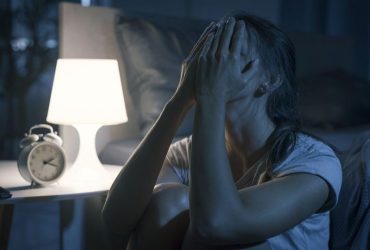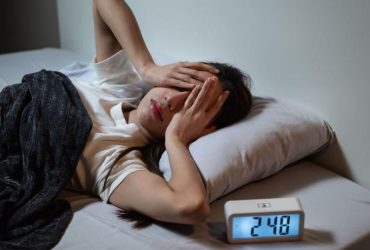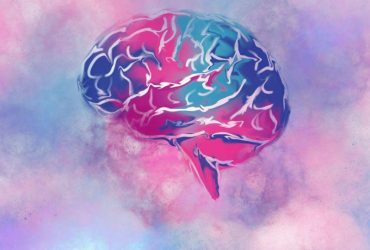Findings independent of sociodemographics, lifestyle, diet quality, and mental health status
Physical activity tied to fewer insomnia symptoms and extreme sleep durations, both long and short
Risk for insomnia even higher for those with depression or anxiety
No difference seen in effectiveness of six weeks of CBT-I or trazodone compared with placebo for patients undergoing hemodialysis
Children with polygenic risk score for insomnia have more insomnia-related sleep problems between ages 1.5 and 15 years
Adolescents at risk can be categorized into three groups, which have differential benefits from prevention program
Findings capture psychotic‑like experiences of deja vu, auditory hallucination-like experiences, and paranoia
Improvement observed across a range of health conditions, mostly sustained over time
Proof-of-concept study is 'encouraging' for repurposing insomnia drug, authors say
Steady and rapid improvement seen with dCBT-I during first three months, then fluctuated to six months











